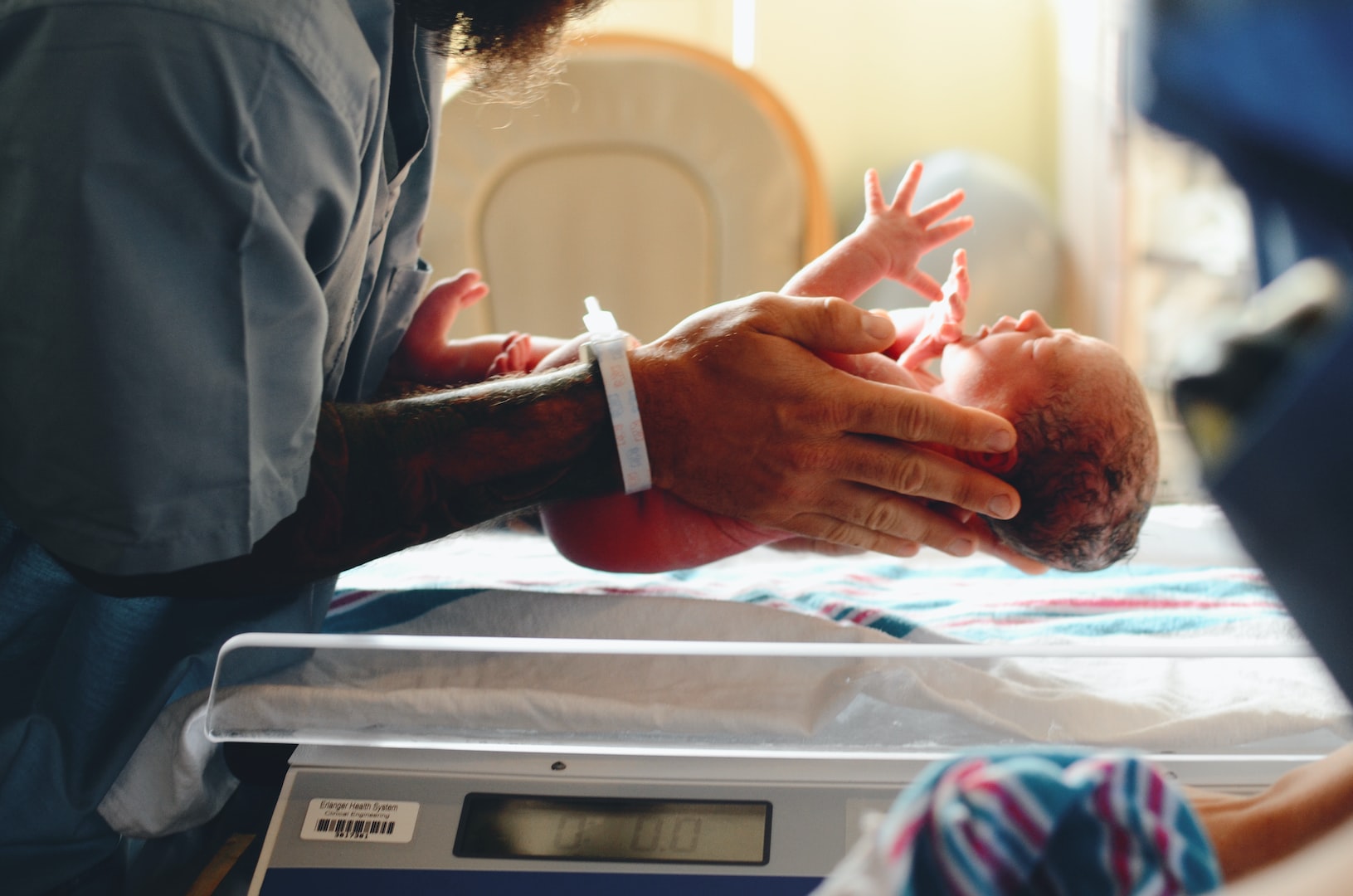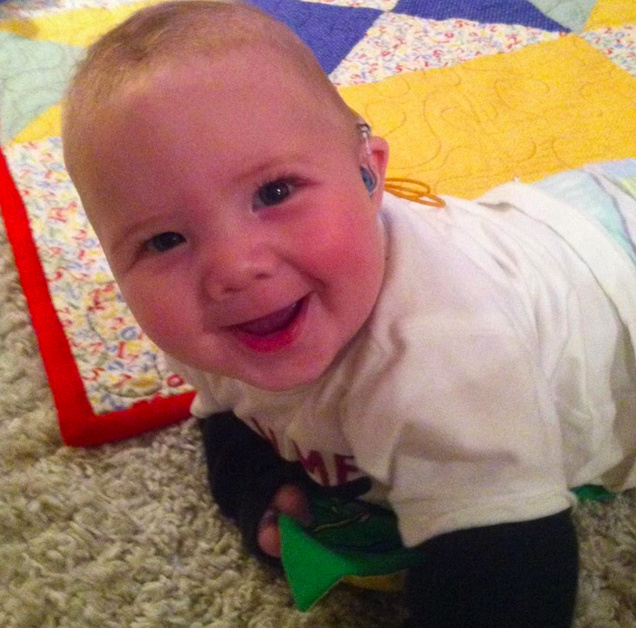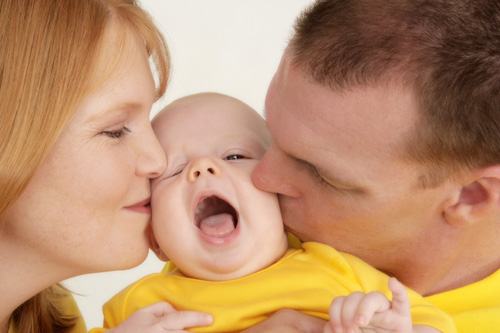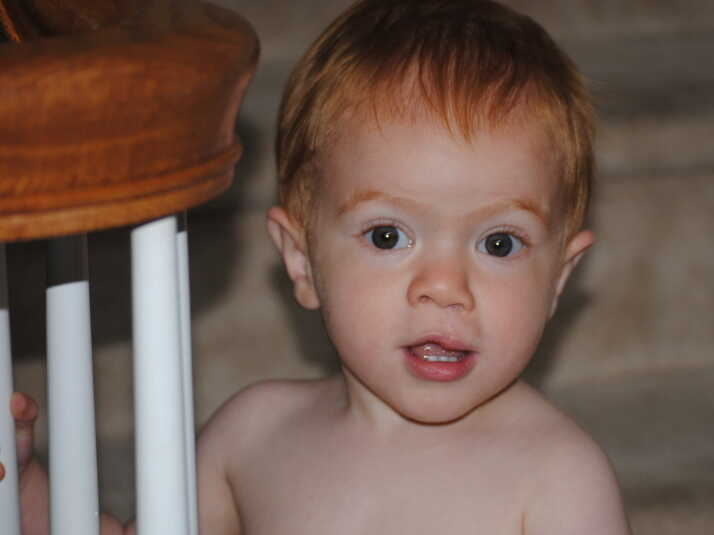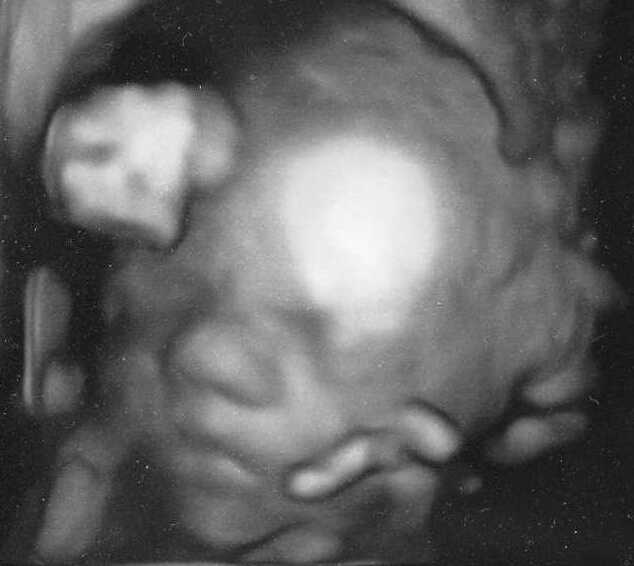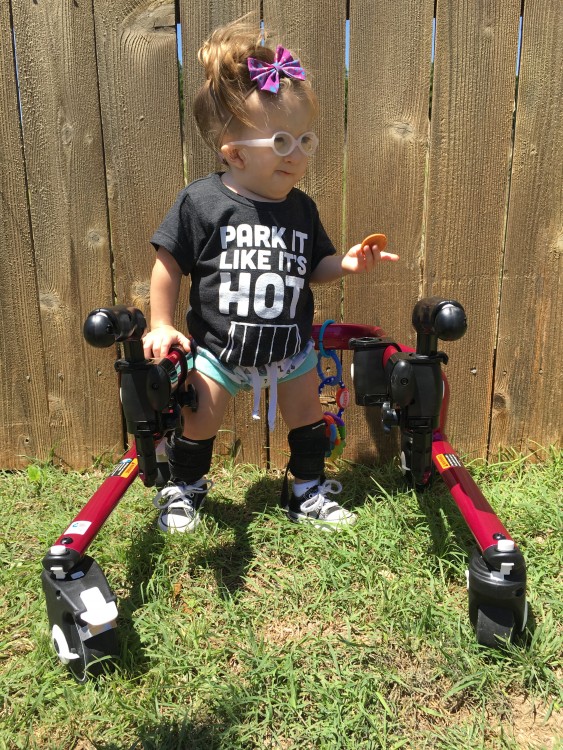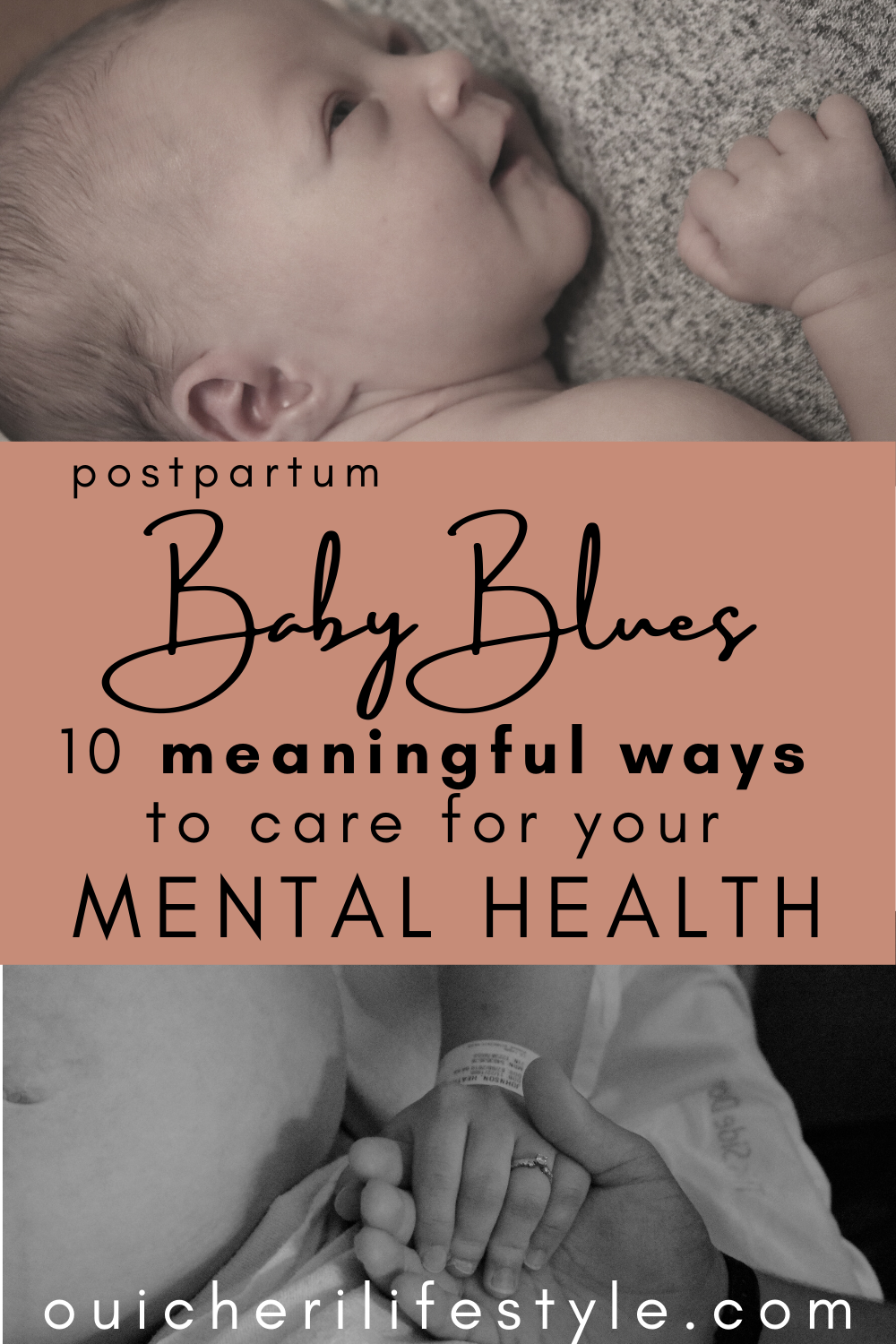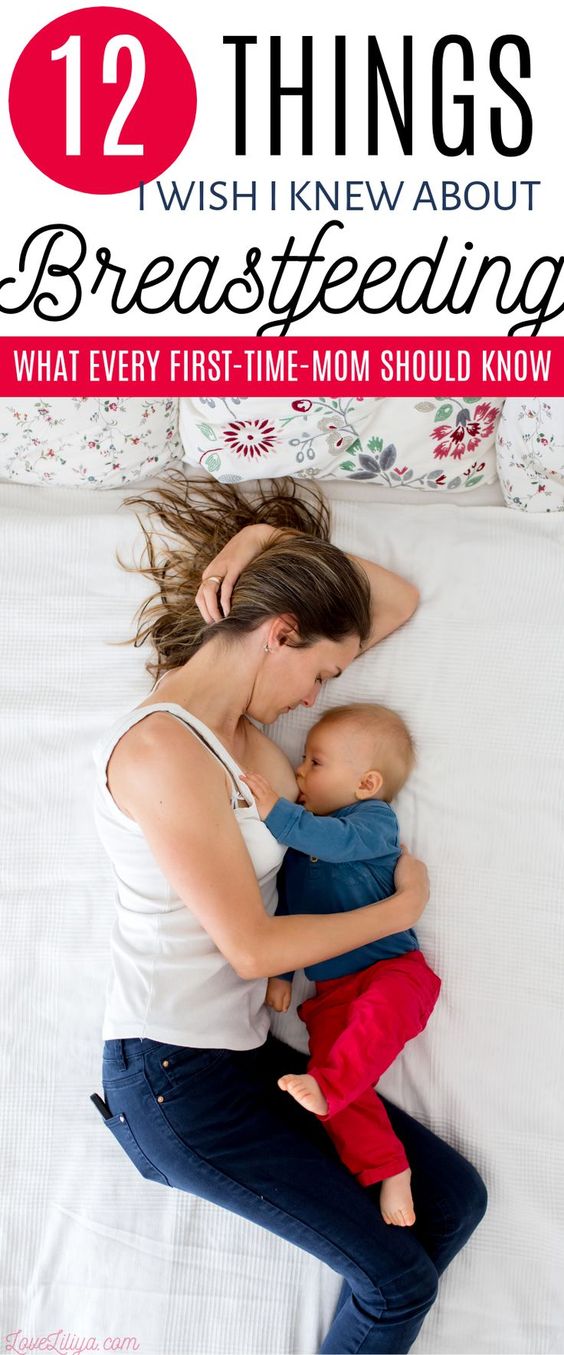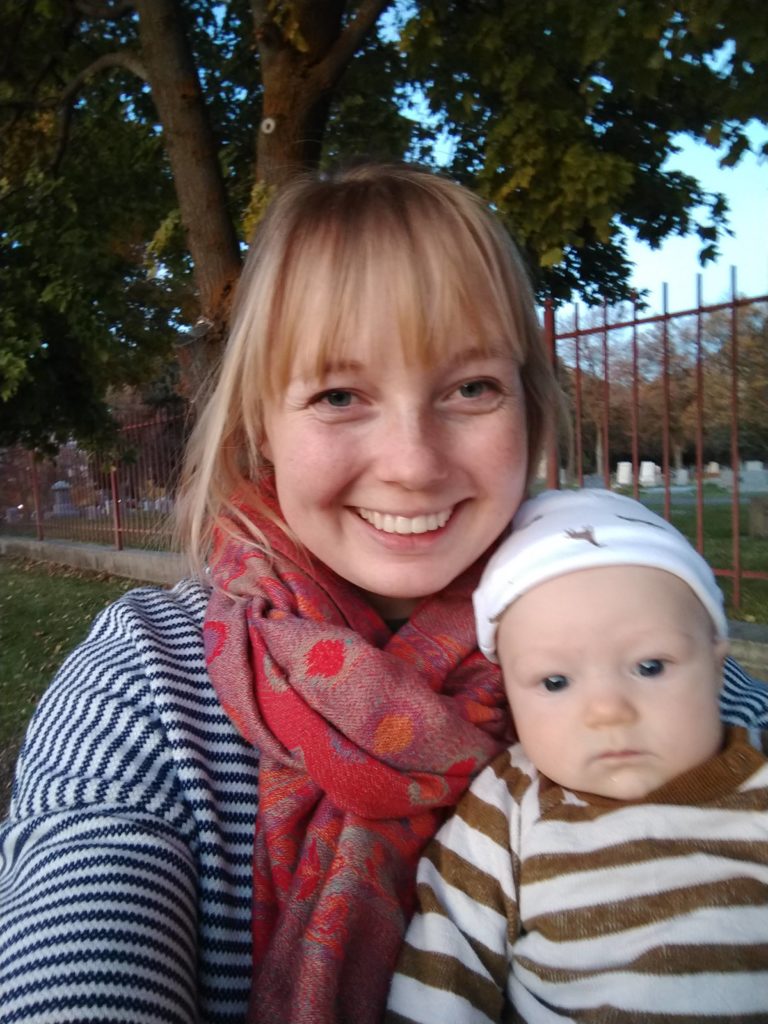What to Know If Your Baby Is Born with an Unexpected Birth Defect
Giving birth can be one of the most exciting, and difficult, days of your life. Meeting your baby for the first time and starting your life as their parent are moments you will never forget.
But for some babies, birth is also the beginning of a medically complex situation.
Unexpected developmental or structural issues, or birth defects, may be discovered in the initial moments or days after your baby is born. These conditions may require emergency action from your medical team.
When an unexpected condition is discovered, you might feel scared, confused, angry, or emotional. You might feel guilty and wonder why this is happening, and whether there’s anything you could have done to better prepare for your baby’s medical needs.
Just know that you are not to blame for this situation, and you are not alone. Birth defects affect 1 in 33 babiesTrusted Source born each year in the United States. Some of these are found through prenatal testing, but many can’t be detected until after birth.
Let’s take a look at the basics of birth defects, the reasons why some go undetected, and how you can prepare for what comes next.
What are birth defects?
A birth defect is an abnormality that is present when your baby is born. Some of them are cosmetic, while others affect a baby’s vital organs. These issues can require no medical attention at all, or can be a medical emergency.
Many things can increaseTrusted Source a baby’s risk of having a birth defect, including:
environmental factors
family history
exposure to chemicals or substances
nutrition
chromosomal abnormalities
certain medications
However, not every baby born to a parent with a risk factor will develop a birth defect. Likewise, a person with no risk factors isn’t guaranteed to have a baby without any birth defects.
Having a baby with a birth defect does not mean you did something wrong during your pregnancy or that you could have acted to prevent it somehow. We still don’t know what causes some of these issues.
What birth defects may not be detected before birth?
There are two main typesTrusted Source of birth defects: structural and developmental. Both can sometimes go undetected before birth.
Structural birth defects
“Structural birth defects” refer to the way the baby’s body and organs are formed.
Some of the most common structural issues diagnosed after birth include:
congenital heart disease or defects (CHD)
craniofacial abnormalities, such as craniosynostosis
Developmental and functional birth defects
Developmental and functional birth defects are related to the way the body functions, not necessarily the way it looks.
Functional birth defects that may be undetected until at or after birth include:
Degenerative disorders: These disorders get worse as they progress and may not be evident at birth. Degenerative disorders include things like muscular dystrophy and Rett syndrome.
Nervous system or brain: Changes in the nervous system and brain include things like seizures, developmental and intellectual disabilities, speech or language difficulties, and movement trouble. Birth defects of the nervous system include Down syndrome and fragile X syndrome.
Metabolic disorders: Metabolic disorders involve various chemical reactions and functions in the body. Common metabolic disorders include phenylketonuria (PKU), Tay-Sachs disease, and hypothyroidism.
Sensory: Sensory difficulties are things like blindness or hearing loss and deafness.
Many birth defects may affect both structures and functions in a baby’s body and may fall into both categories.
Finding support if your baby has a birth defect
These organizations can help connect you with other parents who have had a child born with a birth defect:
Was this helpful?
How are some birth defects detected before birth?
Birth defects are often found during pregnancy via a series of standard prenatal screening tests. These tests include:
Blood work
Blood tests can be very accurate, but false negatives do occur. This can cause some genetic abnormalities and birth defects to get missed at first. Blood tests performed during pregnancy include:
maternal blood screen in the first trimester
maternal serum screen in the second trimester
Most prenatal blood work doesn’t test for every possible genetic abnormality, just the most common ones. If you have a family history of a rare genetic condition, you may be able to request that your doctor check for that condition, too.
Ultrasound
Your doctor may use ultrasounds to see if your baby’s heart is pumping properly and that the skull is within the expected size and shape parameters.
But today’s ultrasounds, though quite advanced, can’t always detect congenital abnormalities. In low risk pregnancies, for example, an ultrasound may simply take a still image of your baby’s heart that shows its size and shape.
Ultrasound examinations in pregnancy may include:
10-week ultrasound: Also called a nuchal translucency screening (NT scan), this scan is done in the first trimester (weeks 10 to 14). It tests for the risk of Down syndrome and several other chromosomal abnormalities.
Level 2 ultrasounds: Also known as anatomy scans, these scans allow for a comprehensive check of your baby’s limbs, heart, skull, and other organs to see if things are developing on schedule.
Anatomy ultrasound: Usually completed at around 18 to 20 weeks, this ultrasound checks the size of the baby and looks for birth defects or other problems.
Fetal echocardiograms: Fetal echocardiograms that record the heart pumping, as well as its efficiency, are now recommended by some experts as a better tool for screening for heart defects as well as diagnosing them.
Other diagnostic tests
Chorionic villus sampling (CVS): CVS is performed in the first trimester. It checks a small sample of part of the placenta called chorionic villi for chromosomal and genetic conditions.
Amniocentesis: Performed around week 15, this test uses a sample of amniotic fluid to check for chromosomal and genetic conditions.
Even with all of this screening, it’s possible that a birth defect will not be detected before birth.
Find support for your mental health
Talk to a professional and get support for your emotional or mental health symptoms from BetterHelp’s licensed therapists. Take a quiz, get matched, and start getting support via phone or video sessions. Plans start at $60 per week + 10% off your fist month.
ADVERTISI
